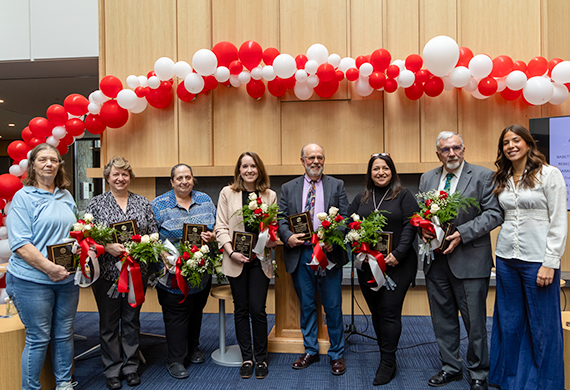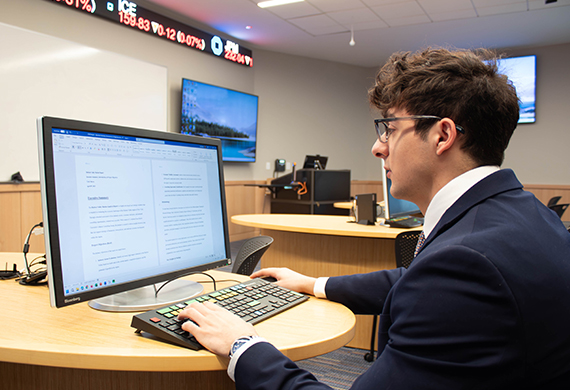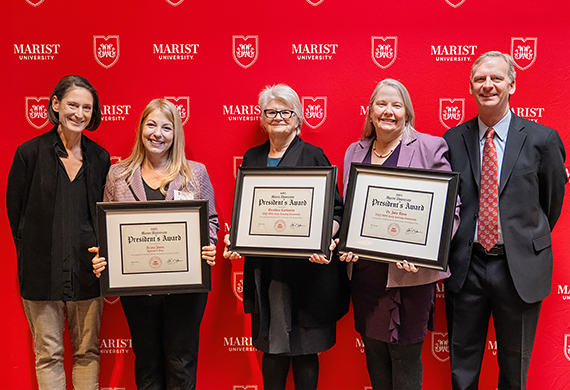David Woolner's New Book Offers a Detailed Portrait of the End of FDR's Life and Presidency
David Woolner's new book, The Last 100 Days: FDR at War and at Peace, paints a detailed portrait of the final 100 days of FDR’s life and presidency. Here we see how FDR—a man of sixty plus years in a precarious state of health—coped with the day-to-day demands of office during one of the most critical periods in American history. His reduced capacity for work meant that he had to set strict personal and public priorities, and the decisions he made illuminate much about what mattered most to him.
In The Last 100 Days Woolner argues that FDR foresaw the globalized world to come and the central place of the US within it. Above all else, this made the establishment of the United Nations and securing the American public’s support for the fledgling organization imperative. But FDR also pursued a number of other less well-known initiatives that he was never able to fulfill, including the establishment of a Jewish homeland in Palestine. While balancing these and other urgent matters, FDR tried his best to adhere to the rest-regimen that his two primary physicians insisted was critical to his survival. He understood that he was ill, as did those closest to him, but the standard line from his doctors to the public was that he “was in fine health for a man his age.”
doctors to the public was that he “was in fine health for a man his age.”
Drawing upon previously untapped sources, including a confidential memo from a physician who examined FDR in 1944, newly declassified records from the Office of Strategic Services, and a recently constructed day-to-day calendar of the president’s activities and contacts, Woolner depicts FDR as a much diminished man, often near the point of physical exhaustion, yet determined to press on and achieve the goals he set for himself, his nation, and the world. These final 100 days set in motion some of the most important and long-lasting consequences of FDR’s transformative presidency, which fundamentally changed the way American citizens view the role of government, as well as America’s role in the world.
Woolner is a senior fellow and resident historian at the Roosevelt Institute and a professor of history at Marist College.
Event information:
On Thursday, December 14, Woolner will give a talk at the Henry A. Wallace Center at the FDR Presidential Library and Home. See information [insert Marist College Events link].
Read the Poughkeepsie Journal's feature on The Last 100 Days.



